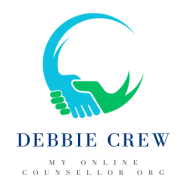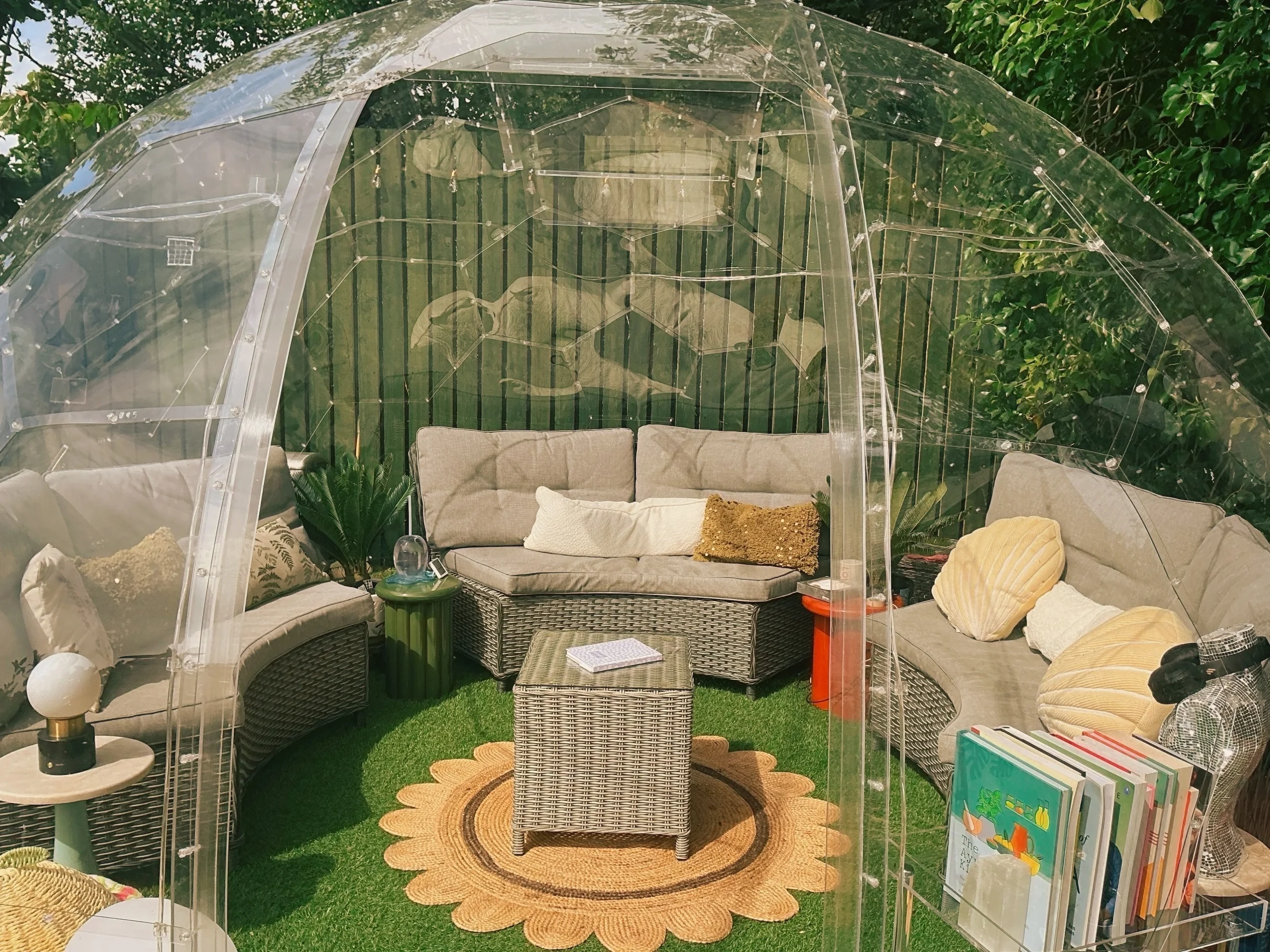Have you ever caught yourself scrolling through social media or sitting in a meeting thinking,
“They’re doing it better than me”?
That sinking feeling, tightness in your chest, that old belief whispering “I’m not enough” is more than just a bad habit. It might be your inner child calling out from a time when they were told to be more like someone else.
Comparison isn’t something we’re born with — it’s something we learn. And for many of us, it started early.
Where Comparison Anxiety Begins
Our early experiences — from family dynamics, school environments or wider social messages — shape how we see ourselves. Many of us grew up learning to adapt, mask, or mute our authentic selves to be accepted, praised, or survive emotionally. This is particularly true if your childhood involved trauma or emotional neglect.
You might recognise this in yourself if you’ve become a high achiever, perfectionist, people pleaser or someone who often minimises their own needs. These traits are usually coping strategies — shaped in childhood, reinforced by culture, and deeply linked to our sense of worth.
The book The Body Keeps the Score by Bessel van der Kolk helped bring awareness to how both big T traumas (like loss, abuse, or racism) and little T traumas (like bullying, shaming, or conditional love) can live on in our nervous system long after the event. So it makes perfect sense that when we compare ourselves, it can feel like we’re being pulled back into something much older than the moment we’re in.
Why Inner Child Healing Matters in Counselling
At the heart of trauma-informed therapy and inner child work is this truth: Your worth is not up for comparison.
When we tune in to our younger selves — the ones who felt overlooked, scolded, or not quite good enough — we begin to heal the root of the comparison trap. We realise that our current anxieties often stem from outdated scripts written long ago.
As a counsellor, I work with clients online and in my beautiful North Wales therapy dome, offering a calming and confidential space to explore these deep patterns. It’s where we slow down, get curious about old beliefs, and replace judgment with self-compassion.
How to Begin Loosening the Grip of Comparison
Here are some gentle journaling prompts to get you started:
* When do I most notice the urge to compare myself to others? (e.g. at work, online, in social settings)
* Who do I often compare myself to, and what do I believe they have that I don’t?
* What do these comparisons say about what I value or long for?
* Do I tend to compare up (“they’re better”) or down (“I’m better”)?
* How does this habit make me feel afterwards?
These questions are not about fixing yourself — they’re about getting to know yourself with kindness and curiosity.
A New Way Forward
Comparison thrives in disconnection — but healing begins when we remember we are not alone. That person you envy? They likely carry their own inner critic. The colleague who seems so confident? They’re probably longing for the same things you are: belonging, appreciation, a sense of meaning.
The antidote to comparison isn’t perfection — it’s connection. With yourself. With others. With the truth that there is enough space, love, success and safety for all of us.
Try offering yourself words you wish you’d heard as a child:
“I am enough as I am.”
“I am safe to be me.”
“I don’t have to compare to belong.”
Ready to Begin Inner Child Therapy?
Whether you’re seeking support online or in the tranquil space of my North Wales therapy dome, I’m here to walk alongside you. Together, we’ll gently explore your story, uncover what’s been holding you back, and help you reconnect with the self that’s been there all along — worthy, whole, and free.
Therapy in North Wales & Online
Trauma-informed, compassionate counselling for adults, couples & young people
Find out more at myonlinecounsellor.org

